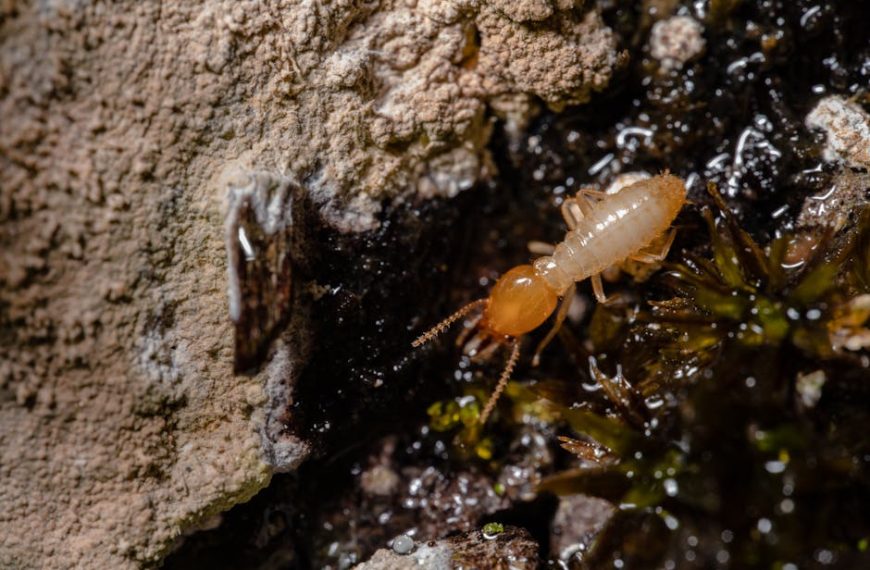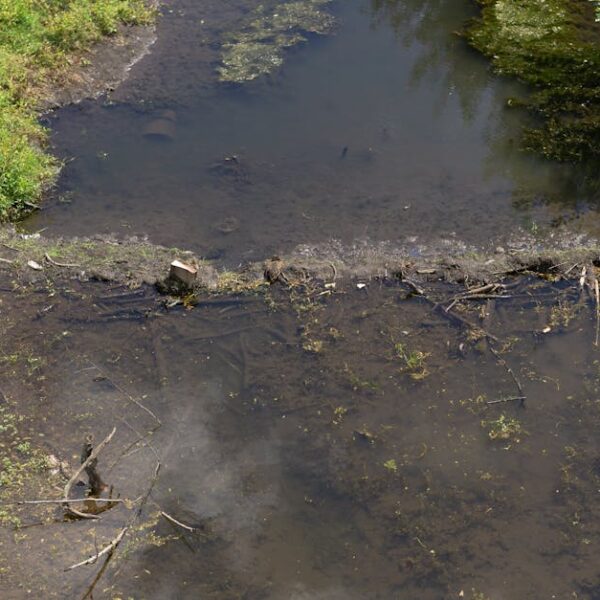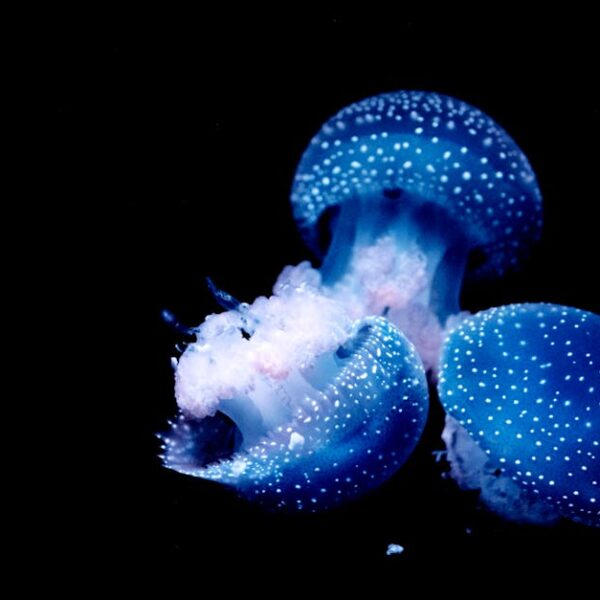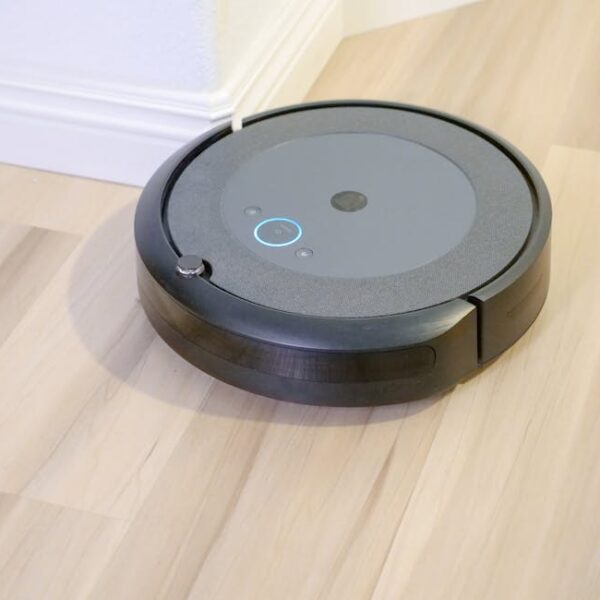Hard water is often the unseen culprit behind various plumbing issues that homeowners encounter. Its chemical properties can gradually wreak havoc on your plumbing system, fixtures, and appliances, often leading to expensive repairs. This article will delve into what constitutes hard water, its direct connection to various plumbing complications, and the comprehensive measures you can take to prevent or solve hard water problems.
The Composition of Hard Water and Its Connection to Plumbing Issues
To understand the negative impact of hard water on plumbing, it is crucial first to understand its composition. Hard water is water that has high contents of dissolved minerals – primarily calcium and magnesium. These minerals are responsible for the hardness of the water, but more importantly, they’re directly related to the various plumbing problems that homeowners frequently encounter.
How so? When hard water flows through pipes, the minerals it carries gets deposited along the pipe walls over time. This leads to what is known as limescale or scale build-up – a significant obstacle in the plumbing world. This buildup not only obstructs the water flow in pipes but also contributes to a decrease in their functionality and efficiency, which can lead to severe damages if overlooked.
Elements Found in Hard Water Include:
- Calcium
- Magnesium
- Iron
- Manganese
- Aluminum
Pro Tip: Signs of hard water at home can include white, chalky residue on dishes and fixtures, difficulty in lathering soap, dull laundry, and dry, itchy skin.
The Mechanism of Scale Build-up Due to Hard Water
The minerals in hard water cause scaling, a process where the dissolved minerals form a hard, chalky layer inside pipes, fixtures, and appliances. The scale build-up primarily consists of calcium and magnesium deposits, which over time narrow down the pipe diameter leading to pipe blockages or reduced water flow.
Scale build-up doesn’t just impair the plumbing function; it drives up energy costs too. In appliances like water heaters, the scale acts as an insulator, reducing heat efficiency and thus increasing energy consumption.
Best Practices to Limit Build-up Include:
- Regular maintenance and cleaning
- Installing a water softener or descaler
- Using mineral-free water for household chores wherever possible
Water Softeners Vs. Descaling Agents:
| Water Softeners | Descaling Agents | |
|---|---|---|
| Pros | Removes minerals, less buildup | Easy application, cost-effective |
| Cons | Requires space, uses salts | Does not prevent buildup, regular application needed |
Please proceed to the second segment of the article for further explanations on how hard water damages bathroom and kitchen fixtures, as well as water heaters, and other appliances. The final segment will provide handy solutions and preventive measures to combat hard water damage.
Impact of Hard Water on Bathroom and Kitchen Fixtures
Hard water doesn’t spare your bathroom and kitchen fixtures either. The minerals present in hard water are left behind every time the water evaporates, resulting in a mineral layer on your fixtures. This mineral layer, often seen as a white or gray chalk-like deposit, can cause fixtures such as showerheads, taps, and faucets to clog up and reduce their effectiveness. The aesthetic harm, while concerning, is only part of the issue. Over time, hard water can damage these fixtures internally, causing leaks and reducing their lifespan.
Hard Water Damage Checklist for Fixtures:
- Stains or deposits on fixtures and surfaces
- Reduced water pressure from showerheads and faucets
- Leakage or corrosion at fixture joints
Pro Tip: Cleaning with vinegar or a hard water deposit remover can remove hard water stains. However, prevention with water conditioning solutions is often the best approach.
Effects of Hard Water on Water Heaters and Other Appliances
Water heaters and appliances that use water, like dishwashers and washing machines, can also suffer at the hands of hard water. As hard water flows through these appliances, some of the minerals get left behind. These minerals build up on the appliances’ inner walls, causing inefficiencies, shortening the lifespan of the appliances, and often leading to hefty repair bills.
Appliances Most Susceptible to Hard Water Damage Include:
- Water heaters
- Dishwashers
- Washing machines
- Coffee makers
Pro Tip: Regularly flush your water heater and clean your appliances with a descaling agent to help prevent hard water damage.
Solutions and Preventive Measures Against Hard Water Damage
The good news is, hard water can be managed to prevent, or at least lessen, its harmful effects on plumbing, fixtures, and appliances. The use of water softeners or descaling agents is one solution. These work by reducing or entirely removing the minerals from the water.
There are also entire water conditioning systems that can treat hard water right at the entry point, providing you with soft water throughout your home. Regular cleaning and maintenance are also recommended to keep appliances functioning optimally.
Comparison: Pros and Cons of Different Water Conditioning Systems:
| Salt-Based Water Softeners | Reverse Osmosis Systems | Magnetic Water Conditioners | |
|---|---|---|---|
| Pros | Removes all hard minerals, improves appliance performance. | Eliminates all impurities, improves water taste and odor. | Easy installation, no chemical usage. |
| Cons | Needs regular salt replacements, may increase sodium levels. | Requires frequent filter changes, high initial cost. | Effectiveness varies, does not remove minerals. |
Best Practices for Preventing Hard Water Damage Include:
- Regular maintenance of plumbing and appliances
- Installation of a whole-house water conditioning system
- Using water softening or descaling agents
- Engaging professional plumbing services for routine checks
Remember, prevention is better than splurging on pricey repairs. Start protecting your home from hard water today!
Key Takeaway:
- Hard water, characterized by high mineral content, can cause significant damage to a home’s plumbing system and appliances.
- The minerals in hard water deposit on pipe walls, leading to scale build-up which obstructs water flow, decreases pipe functionality, and increases energy consumption in appliances.
- Hard water also affects kitchen and bathroom fixtures, leaving mineral layers that clog and damage equipment, reducing their effectiveness and lifespan.
- Various solutions can prevent or lessen hard water damage, including water softeners, descalers, and water conditioning systems.
Addressing hard water problems can help protect your plumbing system, improve the longevity of your fixtures and appliances, optimize water usage, and ultimately save on costly repairs and energy consumption. Prevention is key – consider a specialized water treatment solution or routine maintenance to keep hard water damage at bay.
FAQs
Q: How can I tell if I have hard water in my home?
A: Signs of hard water include white, chalky residue on dishes and fixtures, difficulty in lathering soap, dull laundry, and dry, itchy skin. If you notice these, it may be time to get your water tested.
Q: What appliances are most susceptible to hard water damage?
A: Appliances that use water, such as water heaters, dishwashers, washing machines, and coffee makers, are most vulnerable to hard water damage.
Q: How often should I descale my appliances?
A: The frequency of descaling can depend on the hardness of your water and how often you use your appliances. As a rule of thumb, it’s recommended to descale your appliances every 3 to 6 months.
Q: Can I install a water softener myself?
A: While it’s possible to install a water softener yourself, it’s advisable to hire a professional to ensure correct installation and efficient performance.
Q: Are there any environmental concerns associated with using a water softener?
A: Some water softeners use salts, which can increase sodium levels in the wastewater. This can potentially impact aquatic life if not properly managed. Salt-free water conditioners are an environmentally friendlier option.
Feel free to share this article with people who might find it useful and check out related posts on our website for more insights and advice on home maintenance.












